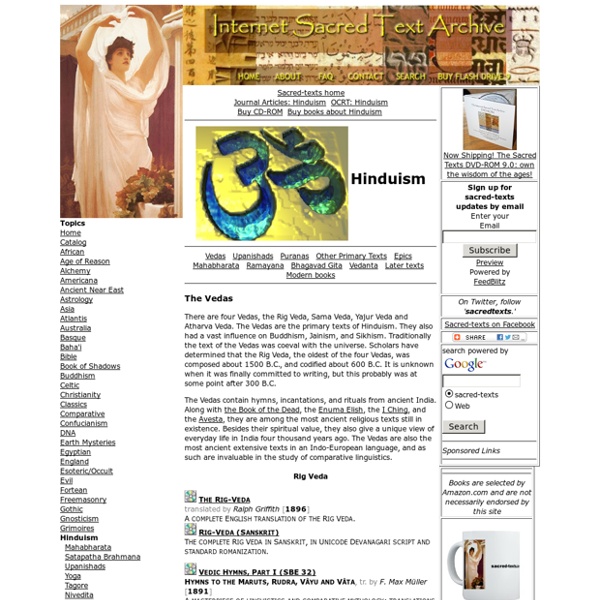Hinduism

ASTRONOMICA by Larry Carlson 2010
Today at Kauai's Hindu Monastery, 10/28/2011: Mahasamadhi Final Day Morning
Image not found: /slideshows/aadheenam/2011/2011-10-25_mahasamadhi-final-day-morning/01-DSC_5214.jpg Image not found: /slideshows/aadheenam/2011/2011-10-25_mahasamadhi-final-day-morning/04-DSC_5226.jpg Image not found: /slideshows/aadheenam/2011/2011-10-25_mahasamadhi-final-day-morning/05-DSC_5229.jpg Image not found: /slideshows/aadheenam/2011/2011-10-25_mahasamadhi-final-day-morning/06-DSC_5232.jpg Image not found: /slideshows/aadheenam/2011/2011-10-25_mahasamadhi-final-day-morning/02-DSC_5219.jpg Image not found: /slideshows/aadheenam/2011/2011-10-25_mahasamadhi-final-day-morning/03-DSC_5222.jpg Image not found: /slideshows/aadheenam/2011/2011-10-25_mahasamadhi-final-day-morning/09-DSC_5249.JPG Image not found: /slideshows/aadheenam/2011/2011-10-25_mahasamadhi-final-day-morning/07-DSC_5235.jpg Image not found: /slideshows/aadheenam/2011/2011-10-25_mahasamadhi-final-day-morning/12-DSC_5257.JPG Image not found: /slideshows/aadheenam/2011/2011-10-25_mahasamadhi-final-day-morning/08-DSC_5241.jpg
What Daily Meditation Can Do for Your Creativity :: Tips :: The
If you depend on your creativity for your living, then your most valuable piece of equipment is not your computer, smartphone, camera, or any other hi-tech gadget. “In a modern company 70 to 80 percent of what people do is now done by way of their intellects. The critical means of production is small, gray, and weighs around 1.3 kilograms. It is the human brain.”*So what are you doing to maintain this precious resource? But I’m not talking about stimulation, quite the reverse. What works for me is daily meditation. Qualities such as focus, calmness, clarity, and insight are as important to your creative process as glamour and stimulation. I received my initial instruction in meditation from Buddhist monks. The Benefits of Meditation Practice for Creatives It’s important to note that there’s a lot more to meditation practice than simply “boosting your creativity.” Focus. Patience. Calmness. Clarity. Insight. Perspective. Getting Started How About You?
Hindu Temple Of Wisconsin | Just another WordPress site
25 Thoughtful Quotes From Carl Jung
Carl Jung was a Swiss psychiatrist, an influential thinker and is renowned as the founder of analytical psychology. Although he was a theoretical psychologist and practicing clinician, much of his life’s work was spent exploring other areas, including Eastern and Western philosophy, alchemy, astrology, sociology, as well as literature and the arts. His most notable ideas include the concept of psychological archetypes, the collective unconscious and synchronicity. Jung is the source of some of my all time favorite quotes. I admire how he mixes logical thinking along with a grain of spirituality and the subconscious realms. Every form of addiction is bad, no matter whether the narcotic be alcohol, morphine or idealism. Everything that irritates us about others can lead us to a better understanding of ourselves. Nobody, as long as he moves about among the chaotic currents of life, is without trouble. A man who has not passed through the inferno of his passions has never overcome them.
Kensho
Related:
Related:



